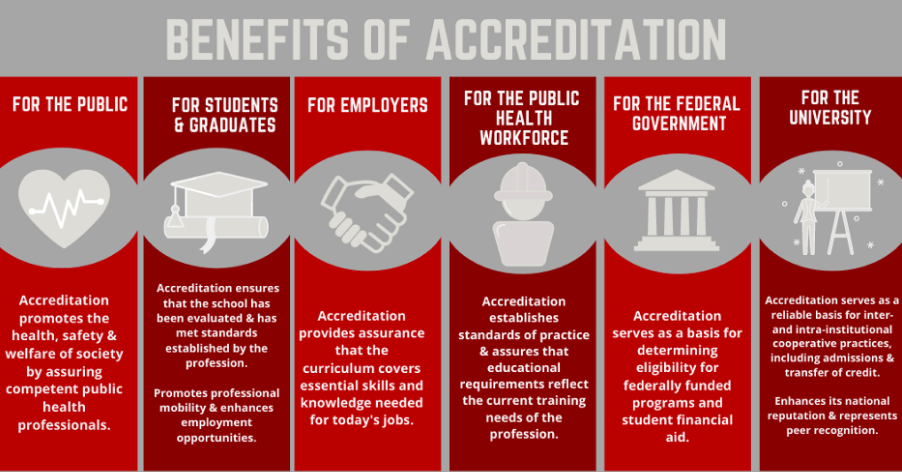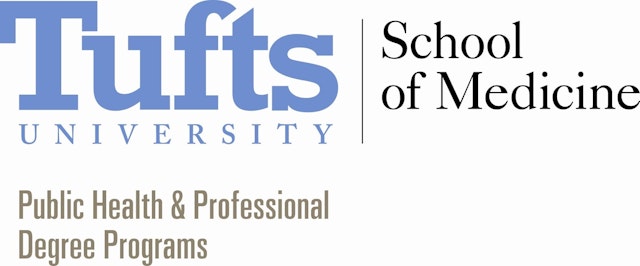The Council for Education for Public Health (CEPH)1 is an independent organization recognized by the U.S. Department of Education that accredits public health schools and programs. The goal of accreditation is to ensure quality across public health programs leading to excellent graduates and practitioners.
CEPH was formed in 1974 by the American Public Health Association, who previously served as the accreditor of graduate public health programs, and the Association of Schools of Public Health (ASPPH) which represents faculty and students of accredited schools of public health.
The U.S. Department of Education recognizes CEPH to accredit schools of public health and public health programs, at the undergraduate and graduate levels, including online MPH programs. Accreditation signals that a school or program is of high quality and is committed to excellence. Accreditation also helps foster continuous improvement as programs work to maintain the high standards set.
Students who graduate from an accredited program can be assured they have the essential skills needed for their profession. This is important because some employment opportunities such as the US Public Health Service and some state and local government agencies require MPH-level jobs be filled by graduates of CPH-accredited schools and programs. Students of CEPH-accredited schools are also eligible to sit for the Certified in Public Health (CPH) credentialing exam by the National Board of Public Health Examiners.

























